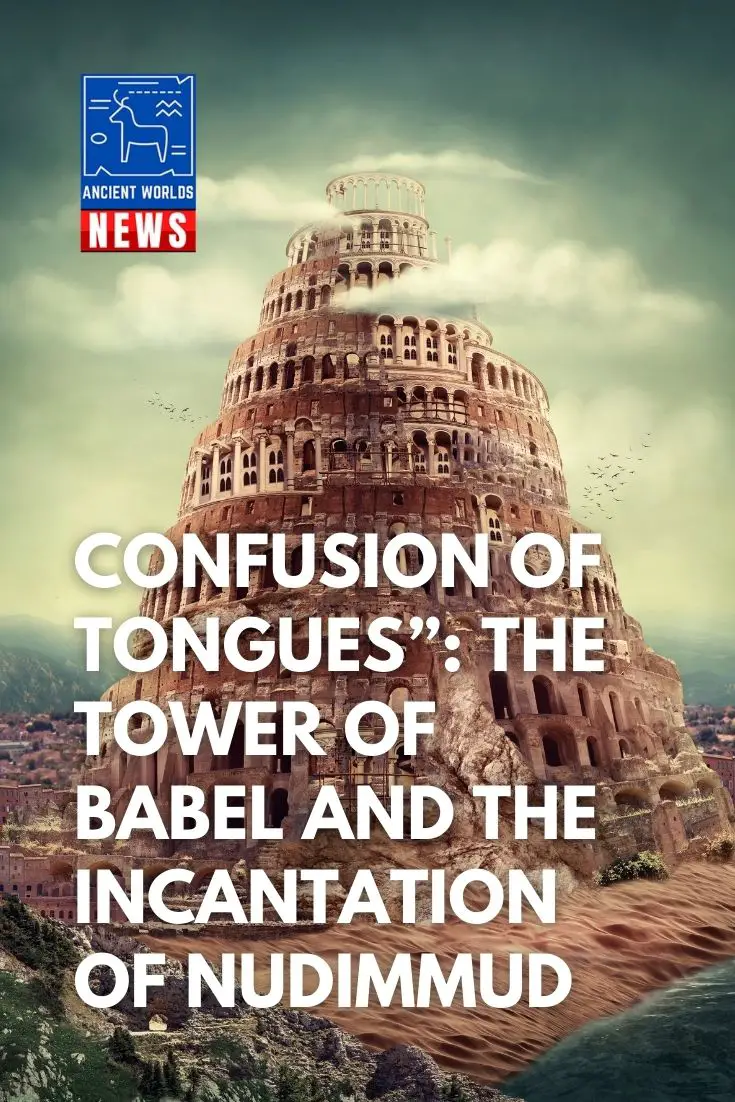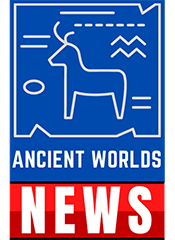In the world we live in today, countries have regions. Each region has its own language (or variation of a language) that only members of that community understand. When members of different communities need to communicate, an interpreter is often called in.
Every country also has a national language that its citizens are supposed to learn so that everyone can communicate. However, in the Bible and in the Sumerian religion, it used to be completely different in the beginning; the world was monolingual and able to communicate without any barriers.

This did not last long since human beings became over-ambitious and defiant. In the Bible, they decided to build a tower that went all the way to heaven. Their motive was to meet God so that they could receive his revelations directly. God was not happy about it, and he knew that action was needed; he then made it so they all spoke different languages to bring about confusion. After that, he scattered people into different parts of the world to prevent them from fighting one another.
The Incantation of Nudimmud
In the Sumerian religion, Enmerkar, sent by the goddess Inanna to secure her tribute from the Lord of Aratta, recites The Incantation of Nudimmud, a hymn that asks Enki to give mankind one language. In the story of Enmerkar and Aratta, Inanna is pleased with her temple in Uruk, Enmerkar’s kingdom. Although Aratta is also her champion, he has yet to prove it to her with a display of such grandeur. Enmerkar asks Inanna for permission to secure precious metals and gemstones from Aratta as a contribution for the building of her temple in Uruk and for another temple to be built for Enki.
Aratta is surprised, as he had thought he was on good terms with Inanna, and refuses to submit to Enmerkar and Uruk. Aratta eventually learns that he has fallen out of favor with Inanna, but his pride won’t allow him to give in to Enmerkar. The two leaders prepare to go to war; they agree to each select a champion from their kingdoms to represent their regions and fight on their behalf. Over time, Enmerkar and Aratta have forgotten the details of original grievance, and so Enmerkar takes to sending writing tablets with his messenger. Then, when a massive rain blesses Aratta’s land with crops, he determines that Inanna has not forsaken him after all.
The rest of the story is unclear as parts have been lost, but it is possible that Aratta’s people did, in fact, eventually pay tribute and Enki’s temple was built as a result.
In The Incantation of Nudimmud, man has no rival, and the land provides all that the people need, including security. The people also worship their gods in one language. Likewise, Enki requires ambitious leaders to speak the one language as well.
Other interpretations posit that the incantation is not meant to unite mankind in one language, but to force them to do so.
The Tower of Babel
According to the Bible, in the beginning, people spoke one language. They decided to build the Tower of Babel in Shinar, where the descendants of Noah settled. The tower was intended to reach Heaven. God felt that Noah’s descendants were becoming over-ambitious, so he took away their ability to understand one another and scattered them about across the earth. To him, confusion was necessary to prevent humankind from becoming too powerful and overwhelming the earth by doing whatever they wanted.
Similarities
In the Tower of Babel and in The Incantation of Nudimmud, one language is a dominant concept that represents unity and understanding. And in both stories, pride and ambition become mankind’s downfall.
Aratta is too prideful to submit to Enmerkar, who was sent by the goddess Inanna to secure Aratta’s tribute to her. She was pleased with the temple that Enmerkar had constructed for her in Uruk, but Aratta has built no such temple. He has the opportunity to redeem himself and again endear him to Inanna by contributing to the construction of a temple for Enki with gemstones and precious metals, but his pride gets in the way.
In the Tower of Babel, on the other hand, Noah’s descendants did not create the tower in God’s honor, but instead created it to reach Heaven so that they could speak to God directly. This craven display of ambition causes God to scatter the people and create multiple tongues in order to sow confusion.
Summary
In both stories, the introduction of many languages into the world was due to the disobedience of human beings. For Aratta, his disobedience took the form of pride, and for the descendants of Noah, it was ambition.
In each story, it is also important that mankind displays humility before the gods, or in the very least, does not try to exist on the same level as one’s god, as was the case with the Tower of Babel. In the story of Enmerkar and Aratta, one way the people display their humility is in the construction of a great building as a form of tribute.
Both stories also underscore the importance of language and communication.

